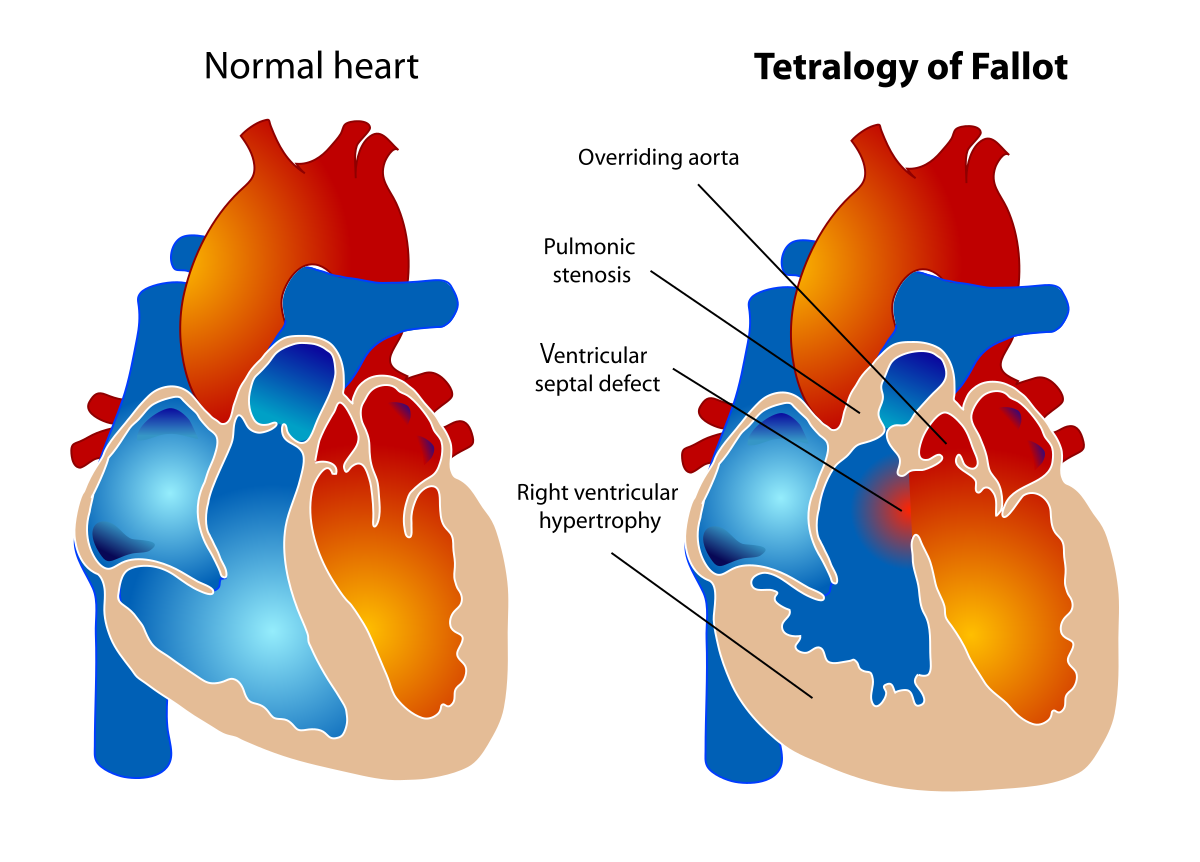Heart Health Panel
Heart Health Panel, A heart health panel, also known as a cardiac panel or cardiac biomarker panel, is a group of blood tests that are used to assess the health of the heart and detect potential heart-related issues. These tests measure various markers in the blood that can provide information about the heart’s function, the presence of heart damage, and the risk of cardiovascular diseases. The specific tests included in a heart health panel can vary, but some common components might include:
- Troponin: Troponin is a protein released into the bloodstream when heart muscle cells are damaged, such as during a heart attack. Elevated levels of troponin indicate heart muscle damage.
- Creatine Kinase (CK): This enzyme is also released into the blood when there is damage to heart muscle cells. Elevated CK levels can indicate various heart-related conditions.
- Creatine Kinase-MB (CK-MB): CK-MB is a subtype of creatine kinase that is more specific to heart muscle damage. It is often used in conjunction with troponin to diagnose a heart attack.
- B-type Natriuretic Peptide (BNP) or N-terminal pro-BNP (NT-proBNP): These are markers that increase when the heart is under strain, such as in heart failure. They can help diagnose and assess the severity of heart failure.
- Cholesterol Levels: Monitoring total cholesterol, low-density lipoprotein (LDL) cholesterol (often referred to as “bad” cholesterol), high-density lipoprotein (HDL) cholesterol (“good” cholesterol), and triglycerides can provide information about your risk of developing cardiovascular disease.
- C-reactive Protein (CRP): CRP is an inflammation marker. Elevated CRP levels can indicate inflammation within the body, including the arteries, which can contribute to heart disease.
- Electrolyte Levels: Electrolytes like potassium and sodium play a crucial role in maintaining heart rhythm and overall heart health. Imbalances can impact heart function.
- Glucose Levels: Elevated blood glucose levels are associated with diabetes, which is a risk factor for heart disease.
- Hemoglobin A1c: This test provides an average measure of blood sugar control over the past two to three months. It’s commonly used to monitor diabetes.
- Lipid Profile: In addition to individual cholesterol measurements, a lipid profile provides a comprehensive assessment of different types of lipids in your blood, which can indicate your risk of heart disease.
Symptoms of High and Low Heart Health Panel
The panel includes tests that can help detect both high and low heart health. Here are some symptoms and indicators associated with high and low heart health based on common tests included in such panels:
Symptoms and Indicators of High Heart Health:
- Cholesterol Levels: High levels of LDL (low-density lipoprotein) cholesterol and triglycerides can indicate an increased risk of heart disease.
- Symptoms: There are usually no direct symptoms of high cholesterol, which is why regular testing is important.
- Indicators: Elevated levels of LDL cholesterol and triglycerides in blood test results.
- Blood Pressure: High blood pressure (hypertension) is a major risk factor for heart disease.
- Symptoms: Headaches, dizziness, blurred vision, chest pain, and shortness of breath.
- Indicators: Blood pressure readings consistently above the normal range (120/80 mmHg).
- Blood Sugar Levels: Elevated blood sugar levels can increase the risk of heart disease.
- Symptoms: Excessive thirst, frequent urination, fatigue, blurred vision.
- Indicators: Elevated fasting blood glucose levels or HbA1c levels.
Symptoms and Indicators of Low Heart Health:
- Heart Rate: An abnormally low heart rate (bradycardia) can indicate a problem with the heart’s electrical system.
- Symptoms: Fatigue, dizziness, fainting, shortness of breath, confusion.
- Indicators: Resting heart rate consistently below the normal range (usually below 60 beats per minute).
- Electrolyte Imbalance: Low levels of certain electrolytes, such as potassium and magnesium, can affect heart function.
- Symptoms: Irregular heartbeat, muscle weakness, cramps, fatigue.
- Indicators: Blood tests show low levels of electrolytes.
- Anemia: Low levels of red blood cells and hemoglobin can impact oxygen delivery to tissues, including the heart.
- Symptoms: Fatigue, weakness, pale skin, shortness of breath.
- Indicators: Low hemoglobin and red blood cell count in blood tests.
Why need a Heart Health Panel:
Here’s why a Heart Health Panel might be needed:
- Risk Assessment: Heart disease, including conditions like coronary artery disease, heart attacks, and heart failure, is a leading cause of death worldwide. A Heart Health Panel helps assess an individual’s risk factors for developing heart-related issues. This can include evaluating cholesterol levels, blood pressure, blood sugar levels, and other markers associated with heart disease.
- Early Detection: Many heart conditions may develop silently, without obvious symptoms. Regular screening through a Heart Health Panel can help detect potential problems early, enabling timely intervention and treatment. Early detection can lead to better outcomes and a lower risk of complications.
- Monitoring Existing Conditions: For individuals who already have heart-related conditions, such as hypertension (high blood pressure), hyperlipidemia (high cholesterol), or a history of heart disease, regular monitoring through a Heart Health Panel is crucial. It helps healthcare providers track the effectiveness of treatment, adjust medications if needed, and prevent further complications.
- Customized Treatment: The results of a Heart Health Panel provide valuable information that allows healthcare professionals to tailor treatment plans to an individual’s specific needs. For example, based on cholesterol levels and other risk factors, doctors can recommend lifestyle changes, medications, or other interventions to manage heart health effectively.
- Lifestyle Guidance: A Heart Health Panel often includes measurements of various biomarkers that are influenced by lifestyle choices. These panels can encourage individuals to adopt healthier habits, such as improving their diet, increasing physical activity, managing stress, and avoiding smoking or excessive alcohol consumption.
- Preventive Measures: Understanding an individual’s heart health status allows healthcare providers to offer personalized recommendations for preventing heart disease. This might involve guidance on maintaining a healthy weight, managing blood pressure and cholesterol, and reducing other risk factors.
- Individualized Care: Every person’s cardiovascular health profile is unique. A Heart Health Panel provides a comprehensive overview of an individual’s risk factors and health status, enabling healthcare professionals to provide targeted advice and care plans.
- Research and Education: Heart Health Panels contribute to medical research and knowledge about heart disease. Studying large sets of data from these panels can help researchers better understand the factors that contribute to heart disease and develop more effective treatment strategies.
Risk:
In general, the Heart Health Panel tests themselves do not pose a significant risk to your health. They are routine blood tests and are typically done using a small sample of blood drawn from a vein in your arm. The risks associated with these tests are similar to those associated with any other blood test, which might include slight pain or discomfort at the site of the needle insertion, bruising, or very rarely, infection.




[…] Bruising: Easy bruising and thinning of the skin can be noticeable. […]
[…] peptide) are both biomarkers used in medicine to assess cardiac function and diagnose various heart-related conditions, particularly heart failure. They are released by the heart in response to stress or stretching of heart muscle cells, which […]
[…] Troponin T […]
[…] in the heart muscle, skeletal muscle, and brain. Creatine phosphokinase enters the blood when the heart muscle and others are damaged. when the total CPK level is elevated, it usually indicates injury or stress […]
[…] Estrogens may have protective effects on the cardiovascular system, contributing to lower rates of heart disease in premenopausal women. However, this protection diminishes after […]
[…] block is a group of diseases characterized by the presence of an obstruction or a BLOCK in the heart’s electrical pathway. A block may slow down the conduction of electrical impulses or in more severe cases, […]
[…] shortness of breath, and tiredness then Doctors want to decide Whether the pain is caused by a heart attack then CK-MB Test is usually […]
[…] The processed sample is introduced into the analyzer. The analyzer typically uses immunoassay technology to detect and quantify the troponin I levels. This […]
[…] High blood pressure (hypertension) is a major risk factor for cardiovascular diseases such as heart attack, stroke, and heart failure. Monitoring your blood pressure can help assess your risk and guide […]
[…] or Paraganglioma: If an individual is experiencing symptoms such as high blood pressure, rapid heart rate, sweating, and headache, which could be indicative of an adrenal gland […]
[…] particularly in veins and arteries. This can lead to serious health issues, such as strokes, heart attacks, and pregnancy […]
[…] is a blood test to check your liver health. The test may also help diagnose the problems. Normally ALT level in the blood is low, if your liver is irritated or damaged it will release more ALT in your […]
[…] In some cases, Lyme disease can lead to heart palpitations, chest pain, or inflammation of the heart tissue (Lyme […]
[…] CRP is often used as a diagnostic tool in clinical settings. Elevated CRP levels can help healthcare professionals differentiate between inflammatory and non-inflammatory […]